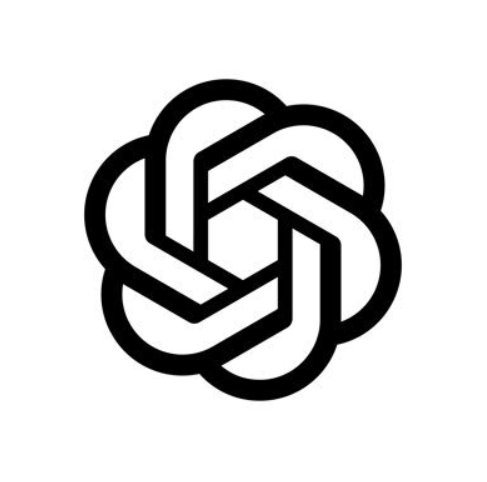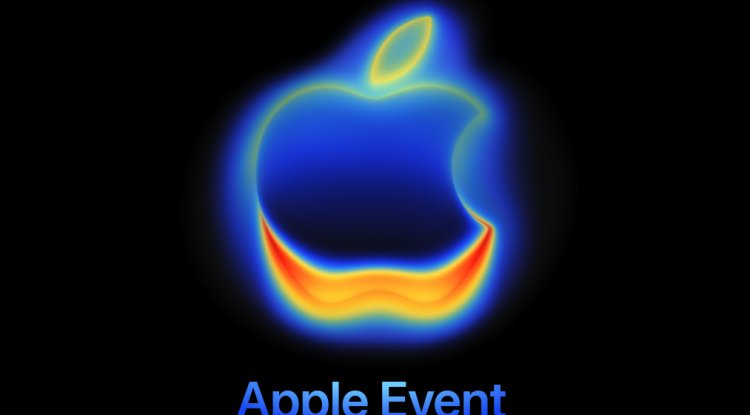OpenAI Launches ChatGPT Atlas: A New AI Browser That Challenges Google’s Dominance
OpenAI launches ChatGPT Atlas, an AI-powered web browser that integrates ChatGPT directly into your browsing experience. Learn how Atlas challenges Google Chrome with smarter search, personalization, and automation.

Image Credit : Open AI
OpenAI has officially launched ChatGPT Atlas, an AI-powered web browser that could redefine how people interact with the internet — and directly challenge Google’s dominance in search and browsing. The surprise announcement came during a livestream led by OpenAI CEO Sam Altman, marking one of the company’s biggest consumer-focused product launches yet.
A Browser Built for the AI Era
“We think AI represents a rare, once-a-decade opportunity to rethink what a browser can be,” Altman said during the launch. He compared Atlas to a new evolution in web navigation — one where the chat experience replaces the traditional search bar.
Currently available for macOS, Atlas integrates ChatGPT directly into the browser interface, allowing users to chat, search, summarize, and even automate tasks without switching tabs. Versions for Windows, Android, and iOS are expected to roll out soon.
Smarter Browsing With ChatGPT Integration
Atlas changes how users interact with web content. When you click on a text field, an AI prompt icon appears, enabling instant assistance — whether you’re writing an email in Gmail, crafting a document, or researching online. A sidebar chat window can also be opened at any time for quick back-and-forth interactions with ChatGPT.
The browser also introduces “Agent Mode,” which allows ChatGPT to surf the web and complete tasks autonomously. It can book restaurant reservations, plan trips, or edit files on your behalf — features currently available in preview for ChatGPT Plus, Pro, and Business users.
Personalized Experience With Memory and Privacy Controls
One of Atlas’s standout features is its personalized memory system. The more you use it, the more ChatGPT remembers your browsing habits and preferences. For example, you can say, “Re-open the shoes I looked at yesterday,” and Atlas will know exactly which website to pull up.
Importantly, browser memories are optional. Users can manage or delete them anytime, and Atlas also includes an incognito mode for private browsing. OpenAI has clarified that user browsing data will not be used to train future models, addressing one of the biggest privacy concerns surrounding AI tools.
A Direct Challenge to Google and Chrome
Beyond innovation, Atlas is a strategic move against Google, which dominates both search and web browsing through its Chrome browser and Gemini AI assistant. OpenAI’s move threatens to divert millions of users — ChatGPT already attracts over 800 million weekly visitors — potentially cutting into Google’s search traffic and ad revenue.
Ben Goodger, Atlas’s head of engineering and a key figure behind Firefox and Chrome, described Atlas’s chat-based search as a “paradigm shift.” Instead of clicking through web pages, users can hold multi-turn conversations with their search results. This “conversational search” model fundamentally changes how users find and interact with information online — and it’s something Google’s Gemini-integrated Chrome still struggles to replicate naturally.
A Glimpse Into the Future of the Web
While OpenAI hasn’t confirmed any advertising plans, recent adtech job listings suggest that monetization could be coming. With Atlas’s ability to analyze on-screen content, it could theoretically power hyper-targeted, privacy-safe advertising, reshaping the online economy once again.
For now, Atlas remains free to download and represents a major shift in how browsers can blend AI assistance, personalization, and automation. As OpenAI continues to expand its ecosystem, Atlas may become a central piece of its long-term vision — one that could finally redefine how people use the internet in the age of artificial intelligence.
What's Your Reaction?
















